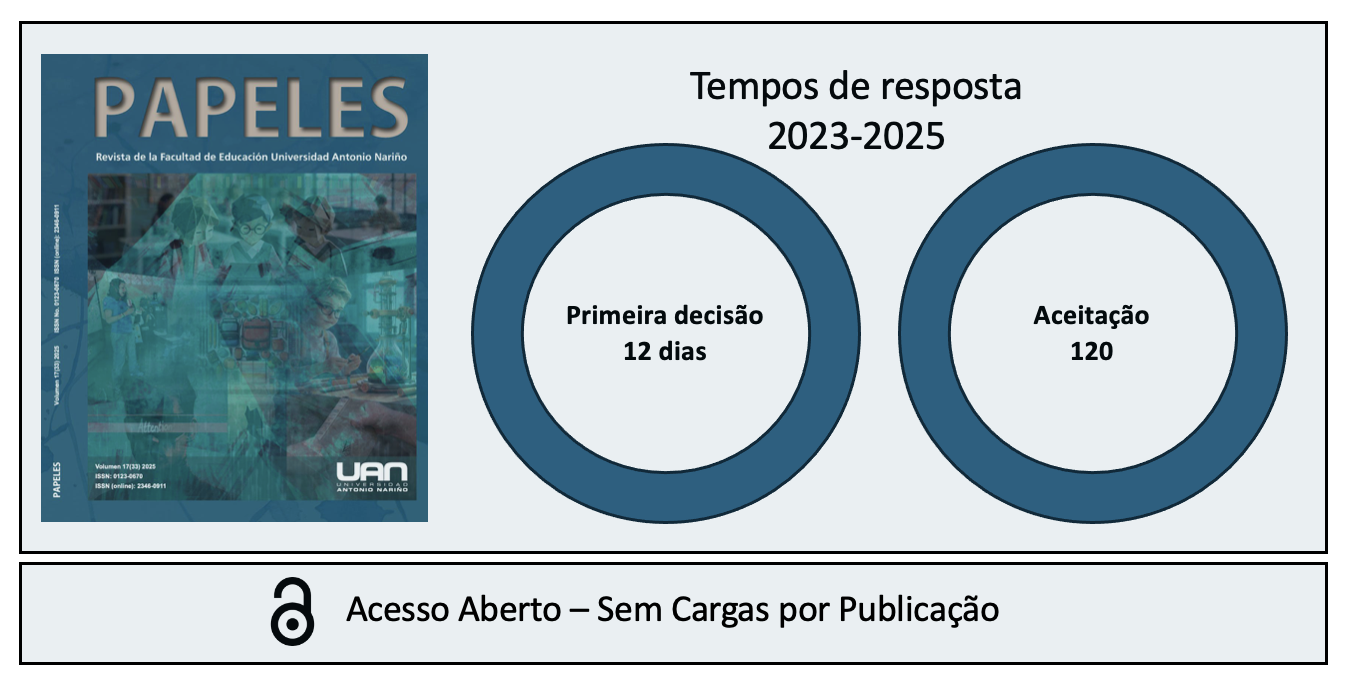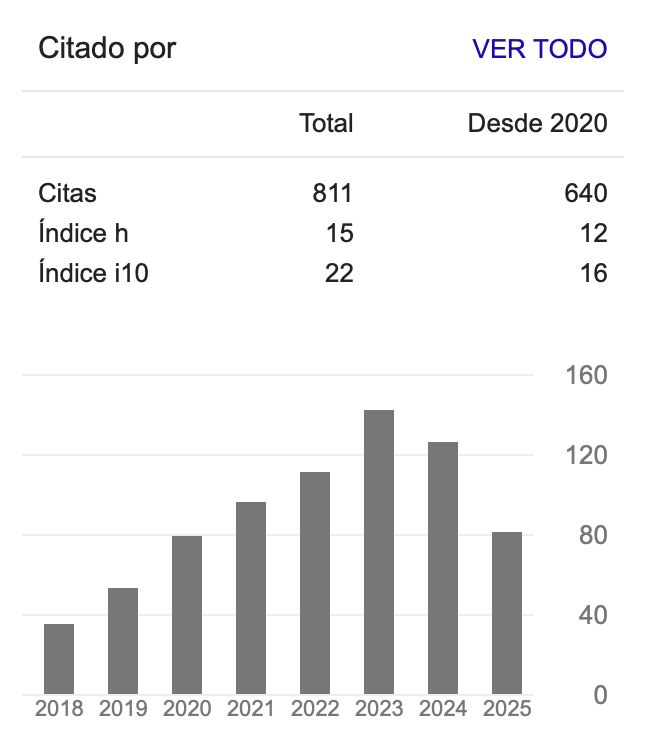Sarmiento’s Africa: A Dislocation of Memory
Palavras-chave:
Sarmiento, Argentina, ÁfricaResumo
In this article, I would like to do further exploration of the significance of the Africanroots of Domingo Faustino Sarmiento (1811-1888) who was President of Argentinafrom 1868 to 1874 by analyzing his trip to Africa during the 1840s. For many LatinAmerican scholars, Sarmiento is known as the father of Facundo, a book that clearlysets apart the concepts of Civilization and Barbarism. However, the most interestingthing to me goes beyond those two antagonistic (and sometimes parallel) notions to convey not only a sense of the other but also a reality of distance or dislocation (as indisplacement) of memory. Such dislocation can be formulated in words (in the case ofSarmiento’s Recuerdos de Provincia) or in physical displacements (Sarmiento’s Viajesa África accounts).
Downloads
Referências
Comte, A. (1869): Cours de philosophie positive. Paris: Baillere.
Poosson, S. (2007): La historia silenciada: los afroargentinos, protagonistas de un drama social. Lewiston, NY: The Edwin Mellen Press.
Said, E. W. (1978): Orientalism. New York, NY: Pantheon Books.
Sarmiento, D. F. (1943): Recuerdos de Provincia. Buenos Aires: Nova.
Sarmiento, D. F. (1963): Facundo. Buenos Aires: Sopena.
Sarmiento, D. F. (1993): Viajes por Europa, África y América, 1845-1847. Buenos Aires: Fondo de Cultura Económica de Argentina.
Downloads
Publicado
-
Resumo174
-
PDF (Español)132
Como Citar
Edição
Seção
Licença

Este trabalho está licenciado sob uma licença Creative Commons Attribution-NonCommercial-ShareAlike 4.0 International License.






